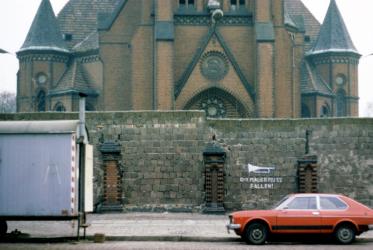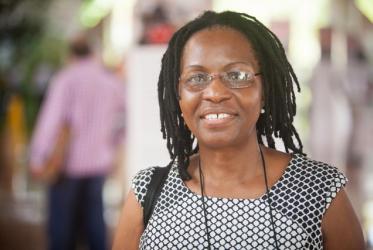Displaying 1401 - 1420 of 1727
28 January 2015
Pilgrims of climate justice plan to impact COP 21 in Paris
23 January 2015
Water network develops a theological framework for water justice
12 December 2014
WCC member churches commit to climate justice at COP 20
10 December 2014
Ecumenical organizations set to promote climate justice at COP 20
01 December 2014
Pilgrimage of justice and peace gives vision for WCC programmes
22 November 2014
Churches have a special role to play in HIV response
18 November 2014
The Berlin Wall: looking back, looking forward
07 November 2014
Dealing as a church with HIV
13 October 2014
Churches and agencies formulate responses to Ebola outbreak
01 October 2014
Indigenous faith leaders reflect on resilience and climate change
23 September 2014









